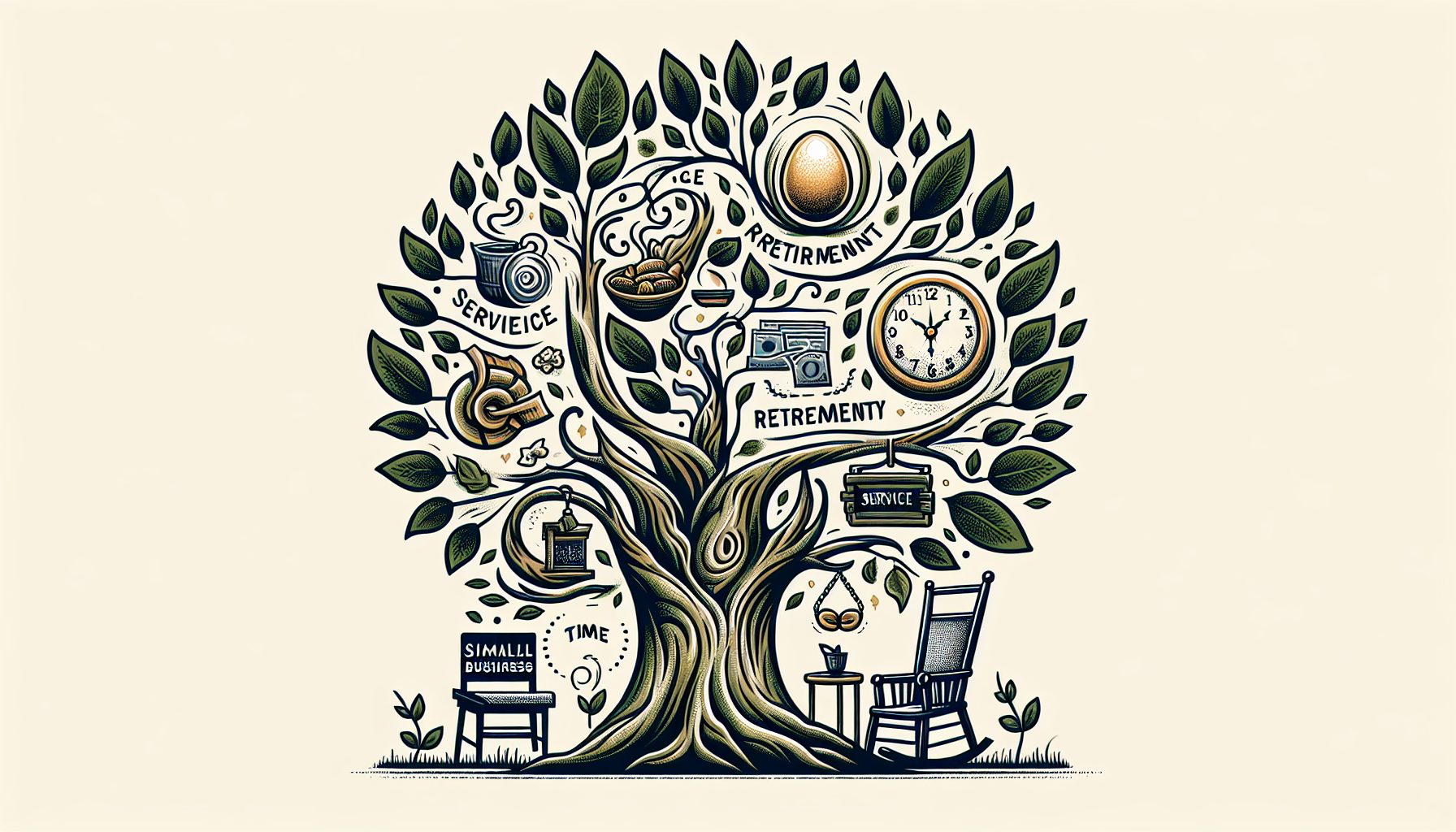If you believed everything you heard, saw and read, you’d think that every company in the world was focused on building an amazing customer experience.
Many companies do talk a good game. They pull out their latest customer experience analytics and beat their chests over rising customer satisfaction. They point to all the customer experience management software and solutions they’ve deployed, believing that these investments are proof that they’re customer-centric.
These businesses do everything they think will lead to loyal, happy customers—everything, that is, except actually engage with them in a meaningful way. Too often, companies ask for specific input from customers, such as asking them to answer a survey or “like” them on Facebook, when they should be letting customers decide what they want to say and do.
“A company must be engaged with customers around things that are important to the customers,” Denis Pombriant, managing principal at CRM consultancy Beagle Research Group and author of a customer engagement book, Solve for the Customer, wrote via email. “I refer to those things as moments of truth, and companies have to spend some time finding out what their moments of truth are by asking customers.”
Few companies have spent more time trying to find out about moments of truth than Hilton Worldwide. Long a leader in turning CRM investments into programs with measurable results, Hilton has taken particular advantage of the smartphone phenomenon to put customers in control of their experiences in a way that few other companies have been able to match.
At the center of Hilton’s customer experience strategy is a mobile application that Dana Shefsky, Hilton’s director of digital product innovation, refers to as “the remote control for your stay.” Given that the app lets guests check in on the go, request certain preferences, pick a room and, more recently, use their smartphones as room keys, it’s a reasonable analogy.
“Everyone is so used to traveling with their smartphones and using their smartphones to manage their everyday lives,” Shefsky say. “It’s only natural that they want to extend that into their travel.”
Learn by Listening to Customers
The digital room key feature, a rarity in the hospitality industry, began rolling out for Hilton’s luxury brands last year, and will be available for its other brands later this year. It’s the kind of difference-maker that Hilton’s guests desire, and the hotel learned that by listening to them.
But Hilton doesn’t rely only on its sophisticated CRM environment, enviable stable of 50 million Hilton Honors loyalty club enrollees or expanding social media customer service efforts. The company has taken additional steps to understand not just its customers, but all hospitality customers. It has done this by tapping a community of hospitality customers with the help of C Space (formerly CommuniSpace), which builds, maintains and manages private online communities for its clients.
For example, early feedback on Hilton’s room selection feature from C Space indicated that the location of facilities outside of a hotel—such as restaurants, shops, museums and the like—was as important as the location of facilities inside the hotel. As a result, Hilton tweaked the room-selection feature to include external facilities in the selection process.









